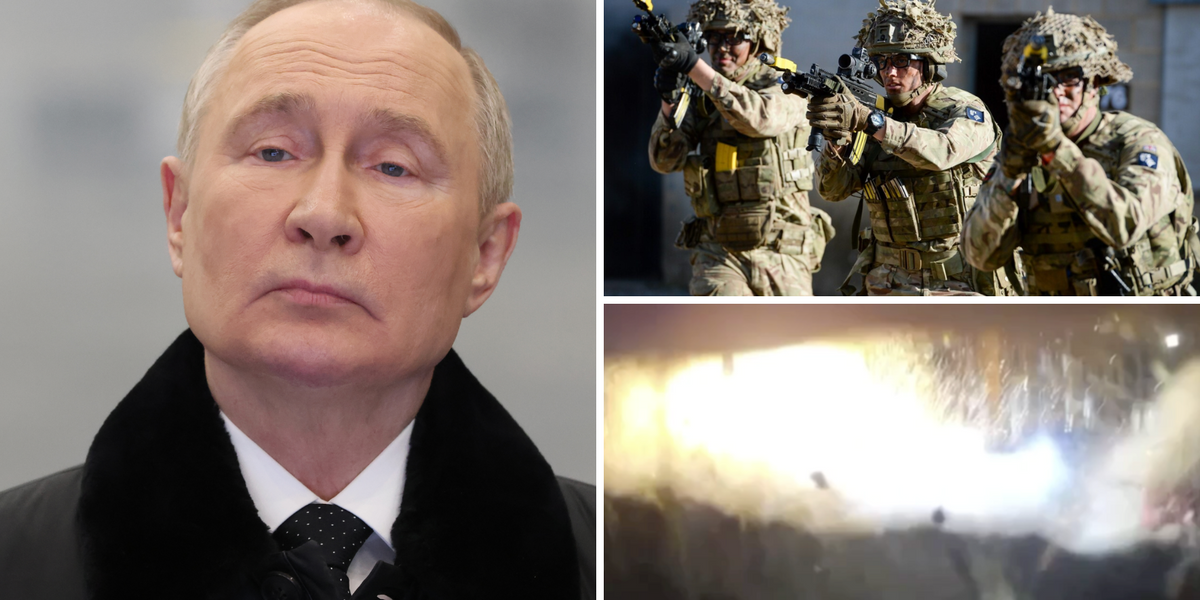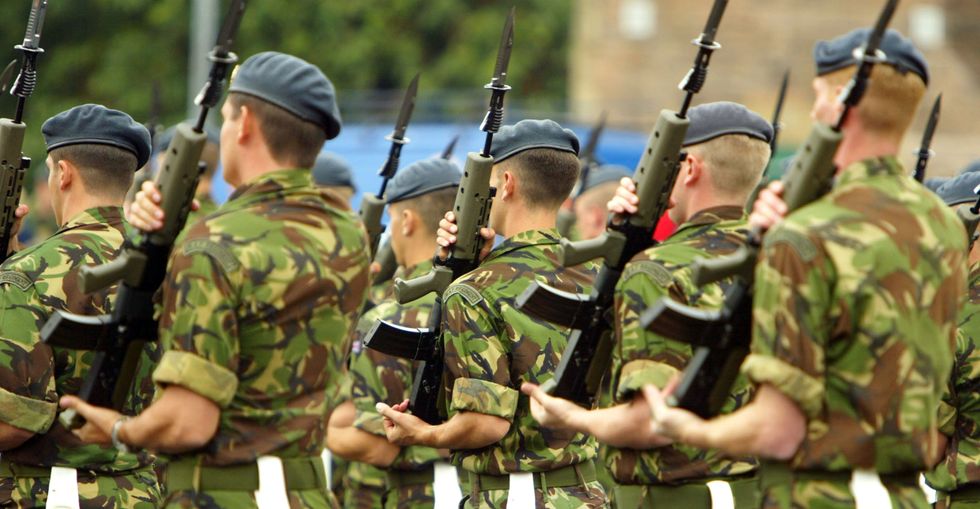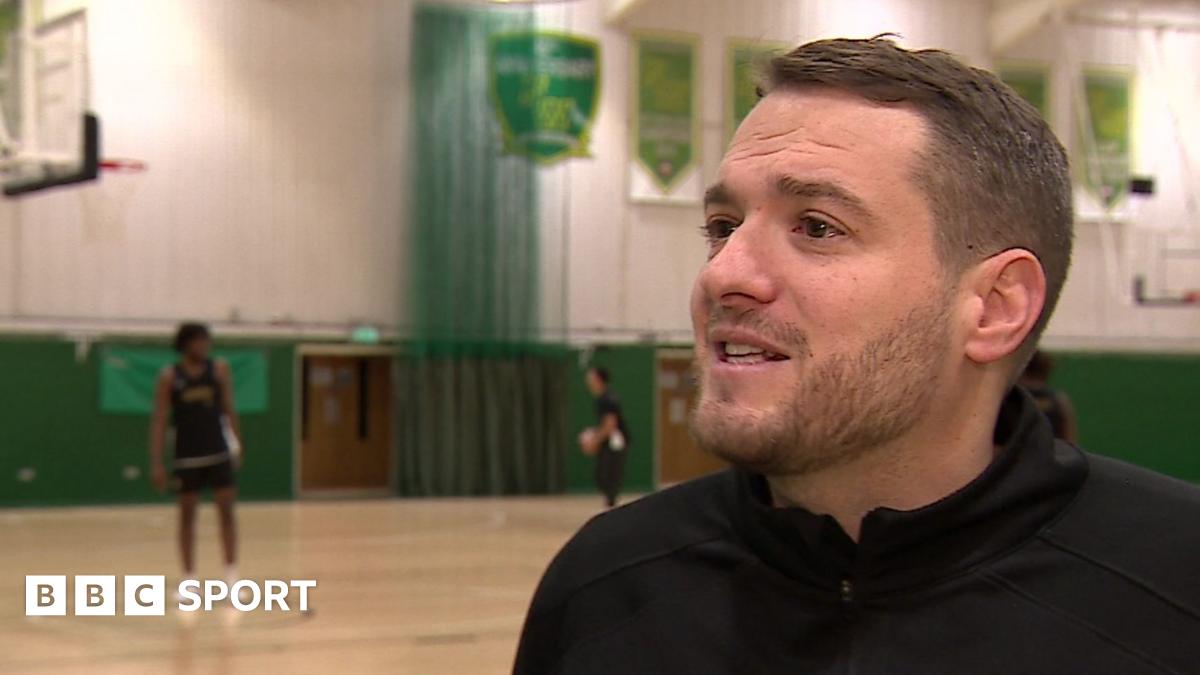World
Britain ‘critically vulnerable’, warns ex-RAF chief as world prepares for Putin’s revenge after assassination

Britain has a “critical vulnerability”, a top British defence chief has warned as the world braces for Vladimir Putin to respond to the assassination of a top Russian general.
Lieutenant General Igor Kirillov was killed in Moscow after an explosive device inside a scooter detonated. Ukrainian security services have claimed responsibility for the assassination, with a suspect from Uzbekistan detained by Russian authorities confessing to carrying out the act on the instructions of Ukraine’s intelligence services.
Russian Security Council deputy chairman Dmitry Medvedev stated that the Ukrainian leadership would face “imminent revenge” for the killing.
This is making Western military analysts nervous as Russia has made it clear that it views Ukrainian attacks deep inside Russian territory as a direct provocation by NATO, which provides Ukraine with the military capabilities to carry out such attacks.
Last month, Ukraine fired UK-supplied Storm Shadow long-range cruise missiles on Russian soil, further heightening tensions.
Blast that killed Russian general Igor Kirillov
Ukraine’s security service
If all-out war broke out between Russia and Nato tomorrow, Britain would be uncomfortably exposed, warns Air Vice-Marshal Sean Bell.
He explained: “When I first joined the military, we were in the Cold War, so words like redundancy were important. You needed to have backups- a plan A, B and C. You had redundancy in the system. Post the fall of the Berlin Wall, words like efficiency and consolidation became the word.”
With Britain perceiving the immediate threat of a superpower clash to be over, she duly stripped back her military capabilities to the bare minimum, explains Bell, who served 32 years in the RAF and commanded 1 (Fighter) Squadron and the Harrier Force.
“We are now critically dependent on only one plan. We have a plan A but no plan B. That leaves us with a critical vulnerability,” he told GB News.
According to Bell, we have gone from a position of “resilience” to now being “just in time with our logistics, supply lines, and raw efficiency”, adding: “When you operate at close to 100 per cent, that means you don’t have any spare capacity.”
Many military experts have issued similar warnings.
Defence Secretary John Healey has described the current state of the armed forces as “hollowed-out”, suggesting that “procurement waste and neglected morale cannot continue”.
The UK’s approach to military procurement has been criticised for focusing on finite orders rather than ensuring long-term production capabilities.
Andrew Kinniburgh, the director-general of Make UK Defence, highlighted this issue, stating: “We are still struggling to get the Government to realise that, in terms of industrial capacity, if they don’t use it, they’ll lose it … if there is no demand, the defence industry will simply let that capability wither on the vine.”
This has led to situations where production lines for critical equipment like NLAWs (Next Generation Light Anti-tank Weapons) were shut down due to lack of orders, only to be reactivated with urgency when needed for Ukraine
LATEST MEMBERSHIP DEVELOPMENTS

Defence Secretary John Healey has described the current state of the armed forces as “hollowed-out”
GETTY
Ukraine’s war attrition against Russia has further depleted the UK’s stockpiles. An example is the 155mm artillery shells, which are scarce, with only one machine in the UK capable of producing them.
The Ministry of Defence has acknowledged this, stating efforts are underway to increase production capacity significantly.








